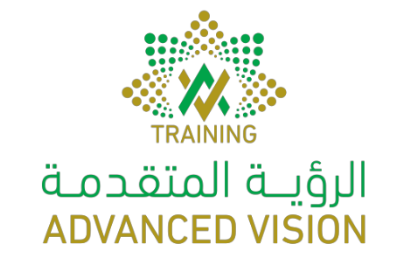:
Quality Management System in Governance ISO 38500
اهداف البرنامج:
- Teaching trainees how to communicate effectively.
- Teaching trainees how to negotiate effectively and achieve desired goals.
- Revealing the secrets of effective communication.
- Listening skills and asking questions.
- Negotiation and planning process.
- Teaching trainees how to analyze the psychology of others.
- Dealing with the most difficult and challenging negotiators.
المحاور العلمية:
Communication Skills:
- The concept of communication and effective communication.
- Interpersonal communication.
- How team communication breakdown occurs and how to repair it.
- Learning how to read non-verbal signals from others.
- International non-verbal signals you may encounter.
- Non-verbal communication and body language.
- Using your voice to your advantage.
- Identifying obstacles to effective communication and overcoming them.
Positive and Persuasive Communication:
- Saying "yes" when you know when to say "no."
- Expressing your opinions in a direct and effective manner.
- Participating in meetings and gaining the cooperation of others.
- Using effective positive language.
- Expressing your opinions, thoughts, and requests with confidence.
- Persuasive communication – winning the approval of others.
- Ensuring that your communication is clear, specific, and easy to understand.
- Understanding and acquiring vital listening skills.
- Enhancing questioning skills and information cross-referencing.
- The difference between hearing and listening.
- Learning effective listening skills.
- Obstacles that hinder effective listening.
- How and when to listen effectively.
Negotiation Strategies and Tactics:
- When and how to negotiate.
- Impromptu, informal, and formal negotiations.
- Cultural differences in negotiations.
- Controlling your emotions.
- Individual styles in negotiation.
- Planning for any type of negotiation.
- What if you had thirty seconds to make your case?
- Achieving negotiation from start to finish.
Difficult Situations – Confidence-Filled Communication:
- Creating a positive impression.
- Conveying difficult or sensitive messages.
- Gaining the cooperation of others and diffusing conflicts.
Dealing with Angry Individuals and Conflict Situations:
- What you should do and avoid.
- Dealing with complainers.
- How to control yourself in conflict situations.
- Handling conflict situations in negotiations.
Dealing with Difficult Negotiators:
- Identifying types of difficult negotiators.
- How to stay calm.
• A plan for dealing with any "difficult" negotiator






